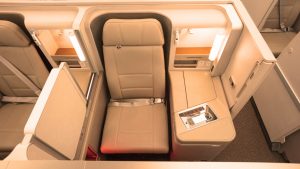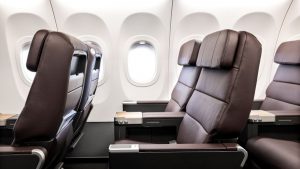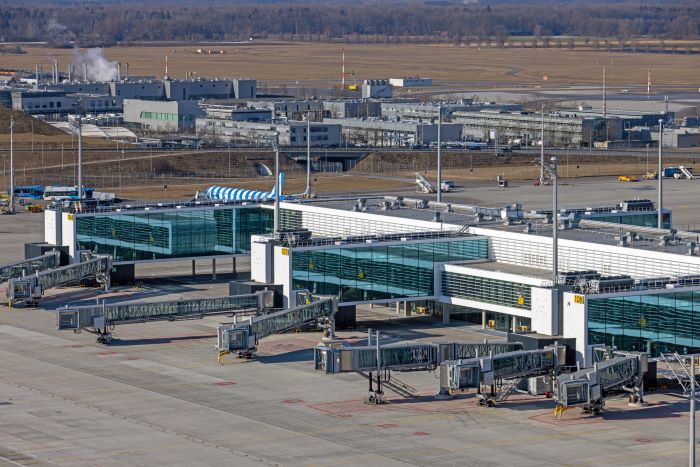Hong Kong's Cathay Pacific Airways continues to make progress towards becoming a more sustainable business through greater collaboration with industry stakeholders to decarbonise the aviation industry and achieve its goal of net zero carbon emissions by 2050.
Following the launch of its Corporate Sustainable Aviation Fuel (SAF) Program in 2022, Cathay has announced the addition of three new partners to the program.
Freight customers Dimerco Express Group and Yusen Logistics, as well as the programme's first non-governmental organization (NGO) partner, the Business Environment Council, have joined Cathay to promote wider adoption of renewable energy by the transportation industry. aviation to decarbonize your business travel and cargo shipments. .
These new partners join the program's launch clients: AIA, Airport Authority Hong Kong (AAHK), Kintetsu World Express (KWE), PwC China, Standard Chartered and Swire Pacific.
Partners in Cathay's Corporate SAF program say they are committed to reducing the climate impact of their business travel and air transport activities by expanding the use of SAF.
“Cathay is taking a multi-pronged approach to help transition the aviation industry to a greener future. SAF is an important facet of this approach and we have received strong support from our corporate and cargo customers since the launch of our Corporate SAF Program. “We have also established new SAF supply partnerships in the wider Asia region to send a clear message to the SAF supply chain that there is strong demand from this part of the world,” said Ronald Lam, Cathay Group CEO. .
The SAF is seen as the most important lever to decarbonise air operations in the coming decades, before alternatively powered aircraft can be widely deployed in commercial operations.
Compared to conventional jet fuel, SAF can reduce more than 80 percent of carbon emissions over its life cycle, depending on the SAF technology and feedstock used.
Cathay was one of the first airlines to announce a 10 percent SAF target for its total fuel use by 2030.
It has since increased SAF at Hong Kong International Airport for the first time in 2022, and successfully conducted its first overseas SAF increases on commercial flights at Singapore Changi Airport and Los Angeles International Airport last year. .
The Cathay SAF used over the past year was made from used cooking oil and waste animal fat, and was made available by its fuel suppliers, ExxonMobil and Shell.
cathaypacific.com











